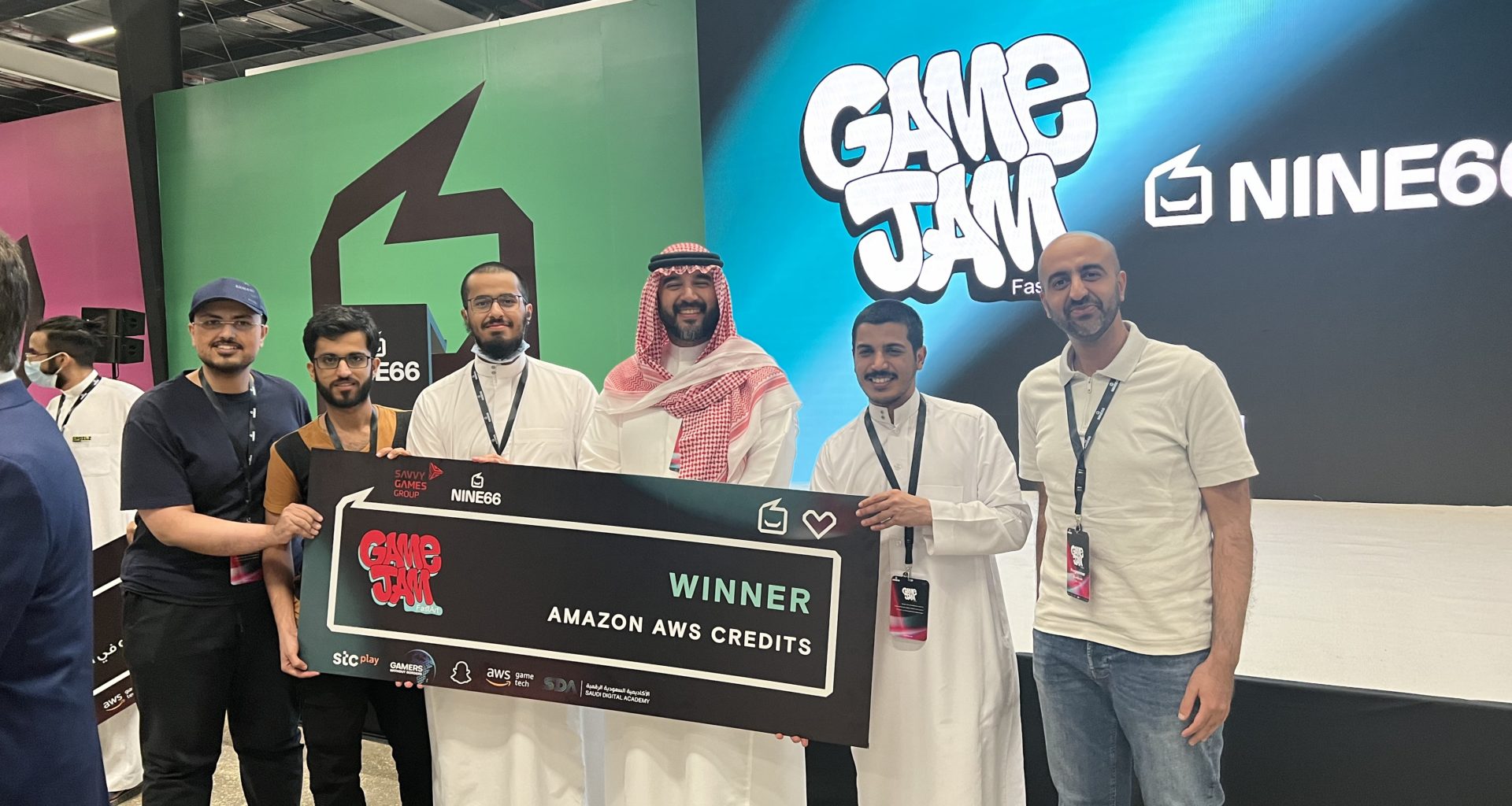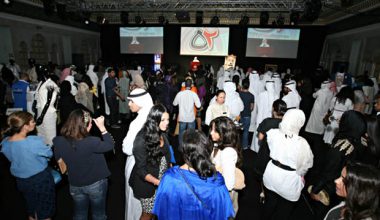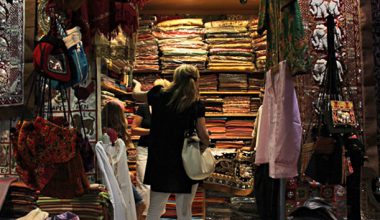The MENA region has heavily consumed video games casually through various types of consoles. However, the term eSports, or electronic sports, is relatively new and amateur tournaments have been organized all around. Recently, Saudi Arabia announced the National Gaming and Esports Strategy which aims to place the Kingdom as a global hub for the sector by 2030. The Saudi Arabian Federation for Electronic and Intellectual Sports (SAFEIS) has also published draft guidelines to nurture elite gaming athletes and develop the gaming community and industry in Saudi Arabia.
This government-backed support has the potential to enable growth and tap into niche audiences and talents. However, what does it take to start and build a career in the gaming industry in light of all these developments? To get local insight, we had a conversation with Abdulaziz Al Rasheed, a Saudi indie game developer who has witnessed his own rapid professional growth alongside the changing gaming community in Saudi Arabia.

Personal journey as a game developer
Marsya Abdulghani: What inspired you to become a game developer?
Abdulaziz Al Rasheed: I started proper game development since 2014 and have published a few independently since then such as on Google Play, App Store, Steam and web-based that I made for Game Jams*. However, since middle school, we had this web feature from Macromedia Flash and I created an animation that simulated a game like “Who Wants to be a Millionaire” type of thing. After graduating from an engineering college, I stumbled upon Unity Game Engine and I learned it on my own from online tutorials. The gaming community in KSA was almost non-existent in 2014.
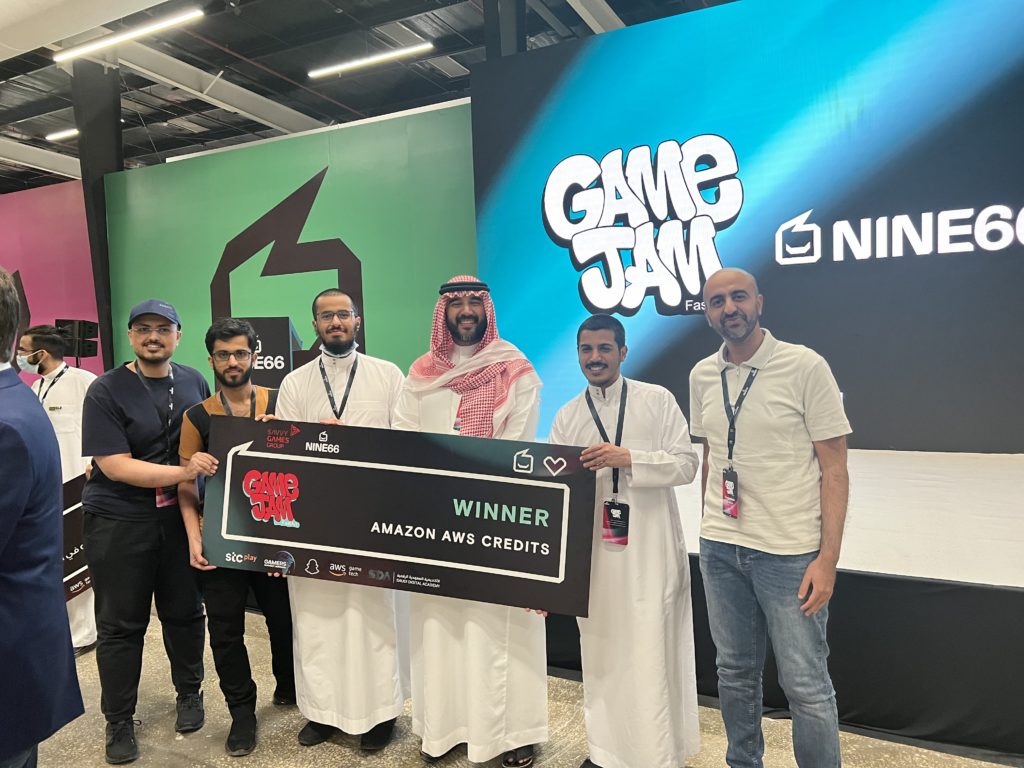
M. A.: How has your game development journey been since the beginning until now?
A. A.: The first game I published was “Shiruken Fury” in 2015 and it had no monetization in any way. I would say I worked on “Tomb Towers” the most because it took me a year just on my own, including programming, art and the music. The game had 60 levels and I had a lot of fun, however, it was difficult to create money. It was published on the Steam platform and was not commercially successful, but it opened a lot of doors and showed my capabilities of developing a game. With this game, I met a lot of people and I landed my first game development job in 2018. Since then, I kept joining Game Jams*. I would say my most successful hyper casual game is “Kicker Swipe” built in 2022, by success meaning large amount of downloads. I’d say this game reached about 8,000 people and had a lot of positive feedback. This is how people knew me. However, it still does not make enough money. Money is a form of way to measure success but opportunity also comes along with it. Some studios may not get lots of money in return but they receive publishing deals and build a community that can help them in the next game. The next few years I hope to get experience from game studios but in the long term, my goal is to publish a game that is at par with the international market. I’d hope to win an award such as a BAFTA (British Academy Film Awards) Game Award, which focuses on story, narrative and engagement, less so than how much revenue it creates.
M.A: In your opinion, what skills do you need to become a successful game developer?
A.A.: I believe the first step is to publish a game. I’ve witnessed that a lot of talented people out there fell into a trap where they worked on passionate projects but never reached the publishing stage. There are two mindsets to publishing: targeting the local audience or general worldwide. I don’t see that it is necessary to be extremely good at technical skills with complex mechanics. I have seen basic gameplays but they are still received well. Marketing also plays a role and that requires a large budget so as an indie developer, I would not be able to compete with international studios. The process starts with an idea. I then work on the game mechanics. After that, I work on the arts which include backgrounds, elements and characters, if any. The hardest is to put them together in a presentable manner. Polishing involves re-doing the arts, calibrating the mechanics and improving the sound effects. The polishing takes the longest. Take it as part of quality control. Even after publishing, it is considered the BETA version where you test the market and decide on the monetization methods. Monetization methods include one-time, in-app, subscription and so on. The first few people who test the game will come across bugs. You will get this feedback and continue the iterative process.
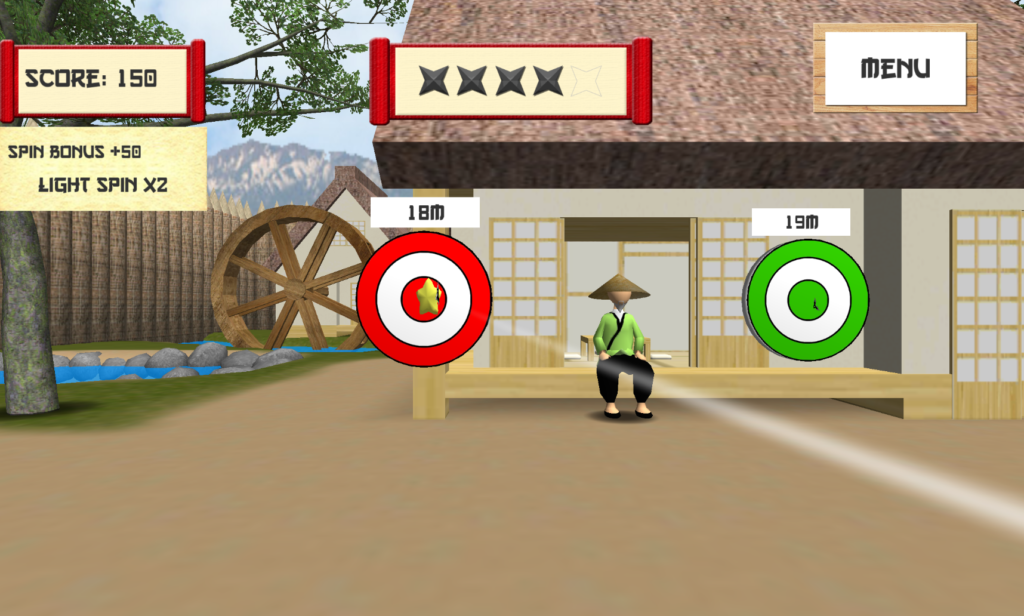
The gaming ecosystem in Saudi Arabia
M. A.: How has the Saudi gaming community and sector contributed to your experience as a game developer?
A. A.: When I first started, there was no gaming community and communities started to come about in 2018. Recently, in the last few years, the government actively created those communities through competitions, events and free courses to upskill the developers. At this moment, there are events every few months, I’d say. It feels very encouraging to have government interest, mostly from the Ministry of Telecommunications (Etisalat). There is a new company called Savvy Games Group, backed by the Public Investment Fund and they hold meetings every month for game developers. It’s totally free and they would bring in professionals from abroad to give talks and encourage networking.
M. A.: Do you believe there is potential to become a fulltime game developer or distributor in Saudi Arabia?
A. A.: I believe so! It’s increasing every day. I see job postings on LinkedIn every now and then. There are new upcoming studios and incubator programs. As distributors, publishers will have more games to work with now that there is an increase in support.
M. A.: Recently, Saudi Arabia launched the National Gaming and Esports Strategy which aims to contribute to the country’s Vision 2030. In addition, Saudi Arabia aims to become the global hub for this sector in 2030. What is your outlook on the future of the gaming sector in Saudi Arabia?
A. A.: It will be more competitive for sure! I’m hoping to see more homegrown triple A gaming studios from abroad. For example, Savvy Games Group is 100% Saudi owned and it is most likely they will bring international brands here. Personally, I’d rate myself as an indie developer and I wish to develop myself further. The only way is to challenge myself.
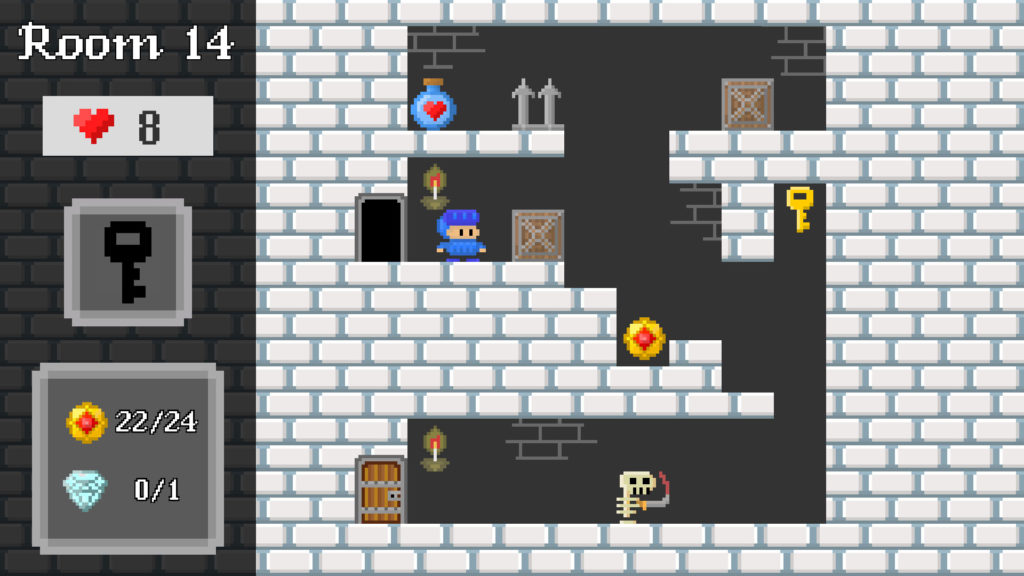
Homegrown market and demands abroad
M.A: In your opinion, which country in the GCC has the best infrastructure for game developers?
A. A: Saudi Arabia has an active gaming community, however, the UAE had started before us by bringing in international brands from abroad such as UbiSoft in Abu Dhabi. Other people from the Arab world have also relocated their offices to the emirates. UAE mostly brings studios from abroad and perhaps limited to creating games that are connected to the local community. While working at UMX Studio, I noticed their success comes from creating games that are relevant to the local market. I am hoping to see more homegrown relatable games from KSA and the upskilling programs will help. What is missing from our end is experience. I believe we still do not know how to leverage our games to the international field.
M. A.: Have you seen demand from abroad for Saudi-made games and Saudi game developers?
A. A: I don’t have the actual statistics but I will tell you about the ‘Kicker Swipe’. I noticed the players were mostly from abroad. It may be because the game is generic so anyone can relate. However, I feel localized games such as ‘Carrom’ may not receive the same amount of attention.
M.A.: How can the Saudi-made game industry compete in the international arena?
A. A.: We are just starting out but we need to be attentive to what international markets are looking for. I believe accelerating this is by having skilled people from international studios from abroad to teach, which is part of the national strategy. They can build homegrown games while teaching the population.
M. A.: What is your general advice for people who’d like to work in the industry?
A. A.: The best way is to set a time to publish the game. It’s important to have the habit of releasing your games. You don’t need to be a programmer to be part of this. There are many roles that are equally important including voice-over artists, musicians, writers and visual artists. Find a role that best suits you and work more on it. As I’ve said, I did most of the games myself! Try everything and see what you are best at and develop from there.
www.artstation.com/azeezalrasheed
www.linkedin.com/in/abdulaziz-alrasheed-2a0325a4/
*Game Jams are sprint events where people develop a game from scratch in a short amount of time.
Images courtesy of Abdulaziz Al Rasheed
Marsya Abdulghani is a video game consumer, casual enjoyer of tournaments, and created independent games – twice. She may return back to game development if the opportunity arises.

